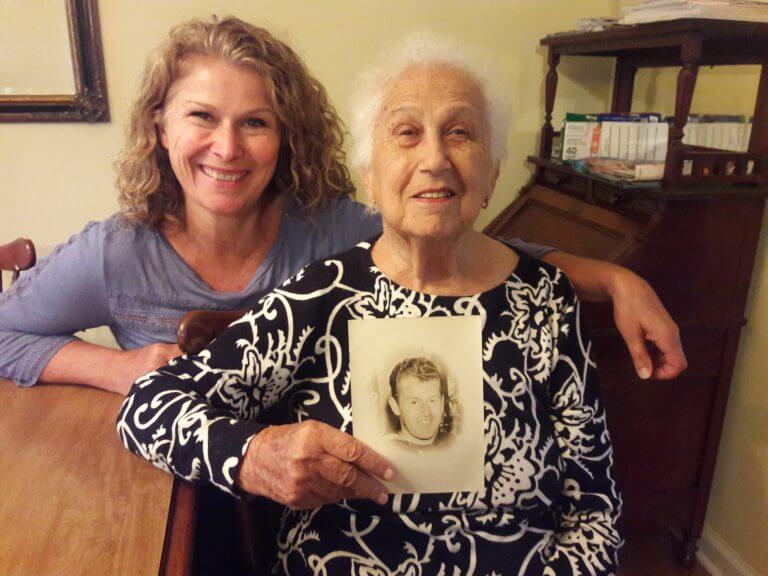During the years after the Vietnam War, military veterans had a hard time getting back home and getting the help that some of them needed. People were angry with the war and they took it out on those veterans. Today, it’s a completely different story and that means that there are ways that anyone can support veteran’s home care.
Veteran’s home care refers to the aide and nursing care that a veteran may require, whether they suffered injuries during battle or have reached an age when they can no longer care for themselves in a safe and healthy manner. If you want to be able to step up and make it easier for these men and women who served in the U.S. military, then you can consider the following tips.
- Spread information about the VA Aid and Attendance Benefit. One of the major problems that veterans have when it comes to getting the help that they may need is that they simply don’t know that there are certain programs available. Some might seem too proud to ask, or they just don’t know how to go about finding the right information. You can support veteran’s home care by sharing the information about the Aid and Attendance benefit with as many veterans as possible.
- Make a donation. There are many homes and organizations across the country, like the Wounded Warrior Project, that work toward helping veterans get the care and assistance that they need. You might not be able to devote time to these causes, but you can support them by offering a donation that could help them get the assistance and care that they need and deserve.
- Learn about the best methods for providing care to elderly veterans. If you have an elderly veteran in your family, you can find out ways to help them around the house, getting around, and taking care of their health. There are usually many things that each of us can do that can make a positive difference in a veteran’s life.
No matter what you do to help out, when you care enough, you can support veteran’s home care through a variety of ways. It’s not always about being there to support them at the time, but it’s about caring. Long after the fighting has ended, veterans often still need care, so take the opportunities that you have this year to make a difference and support veterans in your neighborhood or family.















